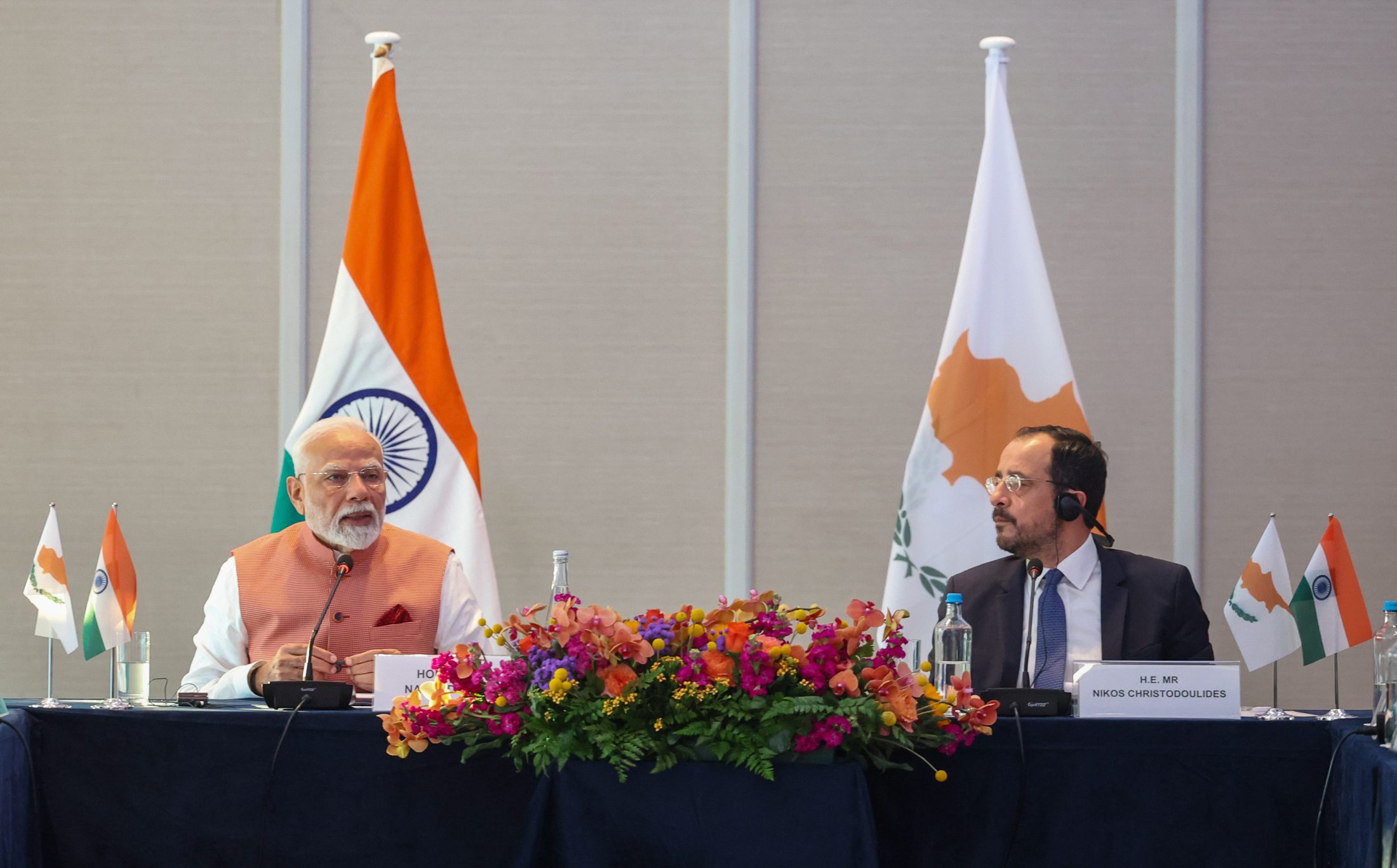British Parliament’s Report has been criticised in India. Transnational repression occurs when authoritarian states target critics—journalists, activists, diaspora members—beyond their borders, using tactics from assassination plots to cyber-harassment. The Joint Committee on Human Rights (JCHR) warns that such campaigns are undercutting the UK’s role as a refuge for free speech with following points:
- MI5 caseload up 48% since 2022, reflecting rising threats from foreign regimes.
- 20+ “threat-to-life” cases linked to Iran handled by MI5 since early 2022.
- 181 confidential submissions from victims too fearful to go public.
Twelve Nations Named—India Among Them
The report profiles twelve states accused of TNR on British soil, based on intelligence, NGO briefs, and victim testimonies:
| Country | Main Tactics | Notable Example |
|---|---|---|
| China | Bounties, “police station” surveillance, online smears | HK$1 million bounty on activist Chloe Cheung |
| Russia | INTERPOL Red Notices, SLAPPs, assassination plots | Salisbury nerve-agent attack (2018) |
| Iran | Kidnap networks, gendered abuse, proxy intimidation | Threats against UK-based women journalists |
| India | Monitoring Sikh separatists (SFJ), intimidation under UAPA | Sikh diaspora members report community-wide fear |
| Others: Bahrain, Egypt, Eritrea, Pakistan, Rwanda, Saudi Arabia, Turkey, UAE | Surveillance, harassment, diaspora taxes | Multiple confidential testimonies |
Why India’s inclusion matters:
Placing India alongside serial offenders like China and Iran signals deep concern because it highlights British Parliamentarians view point about incidents in Britain if anyhow they are linked to India.
UK’s Fragmented Response & Key Reforms
Despite the threat, the UK lacks:
- No formal TNR definition or centralised data collection.
- Undertrained police unable to spot or support TNR victims.
- INTERPOL loopholes allowing Red Notice abuses to persist.
JCHR Recommendations:
- Legally define TNR and build a dedicated reporting and data-monitoring hub.
- Specialised police training and trauma-informed victim support protocols.
- Red Notice alert system for politically motivated Interpol requests.
- Elevate China to the highest-risk tier in the Foreign Influence Registration Scheme.
- Lead “Five Eyes” coordination to impose costs on TNR perpetrators.
What This Means for India
- Diaspora vigilance: Sikh and Indian communities in the UK must be aware of covert surveillance and legal pressures.
- Bilateral dialogue: New Delhi and London should address concerns over UAPA-backed monitoring of UK-based activists.
- Global solidarity: Indian civil-society groups can join forces with UK NGOs to push for stronger protections.
As Parliament awaits the government’s formal response (due within two months), it’s clear: safeguarding voices in exile requires more than words. For the Indian diaspora—and all who cherish free expression—this report is a rallying cry to demand real change in both London and Delhi.

